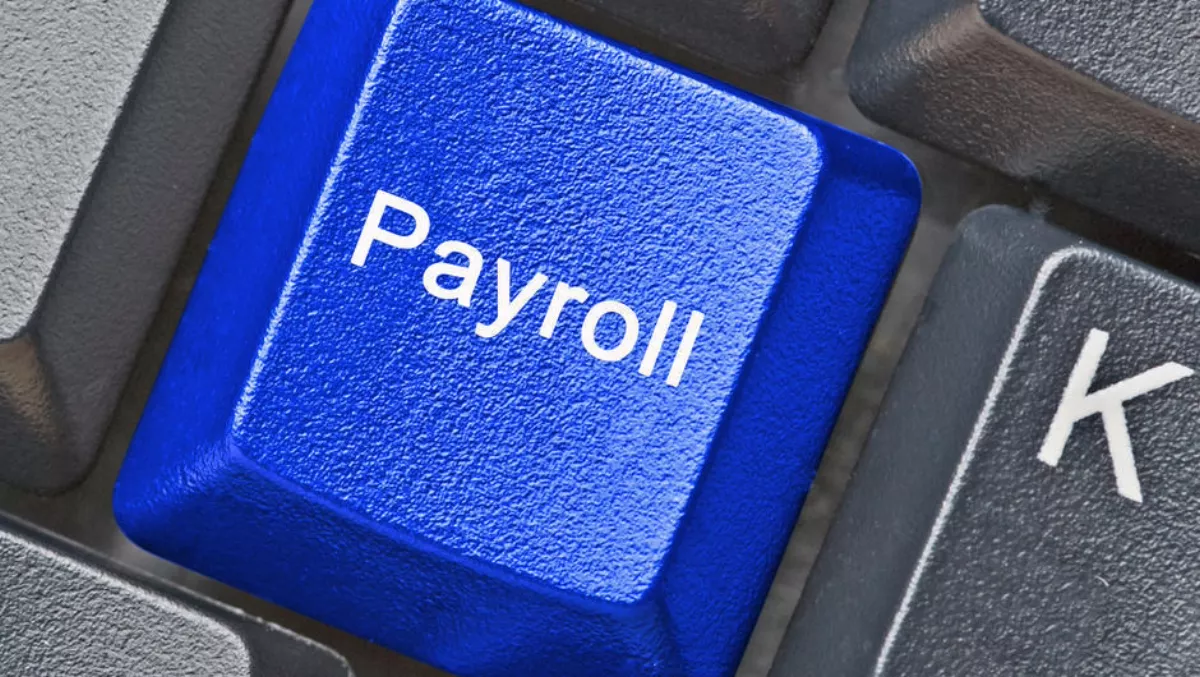
There are fewer than seven months left before all New Zealand employers must shift to payday filing, and Inland Revenue says now is the time to start the transition.
From 1 April 2019, all employers must file employment information every payday. Although there are around 400 employers that are currently payday filing, there are many thousands more that need to switch before April.
According to Inland Revenue customer segment lead Richard Owen, the easiest way to make the transition to payday filing is by using payroll software.
“The first step is for all employers to start asking their software providers when they expect to be ready so planning can begin. This is the sort of task where it pays to be ready early rather than scrambling at the last minute,” Owen explains.
“Inland Revenue's systems for receiving payday information are up and running, so companies who want to can start filing straight away. If they're using software they need to make sure it's compatible first.
That sentiment is also supported by industry partners. Wellington payroll software provider FlexiTime has been working with Inland Revenue to pilot payday filing.
“Based on our experience to date, it will take each payroll software provider some time to get payday filing up and running smoothly,” comments FlexiTime chief marketing officer Jake Harvey.
“Be sure to check your provider will be offering payday filing and get clarity as to when that will be. Many older or desktop-based systems won't be compatible.
Employers with compatible software can also securely submit their information directly to Inland Revenue instead of the extra step of a separate file upload in myIR.
Inland Revenue currently accepts the employer monthly schedule (EMS), which can be filed through myIR or via post. The new payday filing requirements will replace the EMS completely.
Employers who deduct $50,000 or less in PAYE and Employer Superannuation Contribution Tax (ESCT) will be able to file on paper, though only from April 2019. All other employers will need to file electronically.
“Businesses will be able to integrate their tax obligations into their regular payroll cycles,” Owen says.
“The more timely information will allow Inland Revenue to provide certainty around an employee's social entitlements such as Working for Families Tax Credits,” he concludes.
Inland Revenue has steadily been upgrading its legacy systems to accommodate payday filing changes.
“This is a great example of IRD working closely with the business sector to implement mutually-beneficial changes. It's a really positive development,” comments Harvey.
“The outcome is a system which will be a vast improvement on how businesses interact with government — making it easier than ever to file payroll paperwork.
